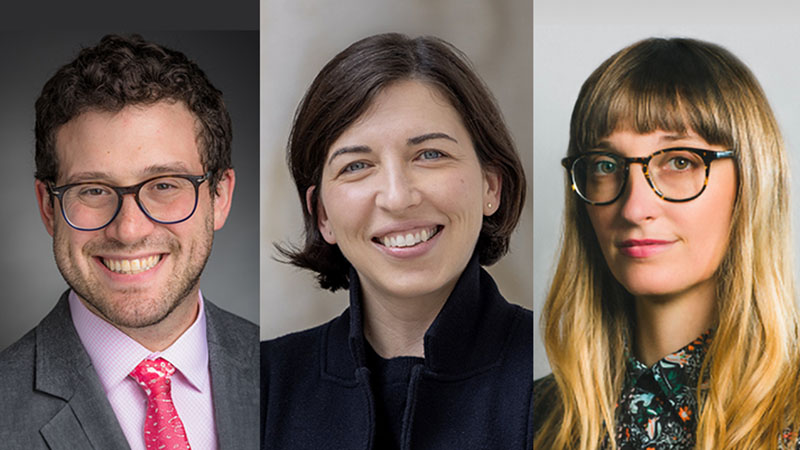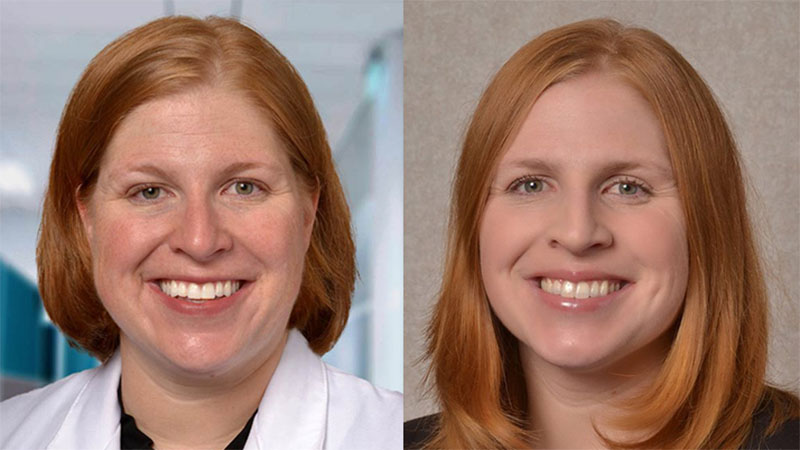
by: Alex Smith, @alexsmithMD
You may have heard of a new article in the Atlantic by Dr. Ezekiel Emanuel provocatively titled, “Why I Hope to Die at 75“.
Please take a moment to read it.
If you haven’t read it, and are still reading this post, I get it, you’re too busy. I love the Atlantic but find their articles too long too. So I will summarize:
- When we get old, we get weak in the mind and body. Life is no longer vibrant. Our contributions dwindle
- Dr. Emanuel would not want to prolong his life past 75
- This does not mean he wants to commit suicide, it means he does not favor spending resources to extend his life after age 75
My initial impression, upon hearing the title, was…yuck! This plays into every ageist stereotype – and from a renowned bioethicist no less!
On further reading, however, I realized that his argument is much more nuanced and complex than his hammer of a title would suggest.
- He describes something we have studied and blogged about: the fact that we are living longer lives also means that we are living with longer periods of disability and dementia prior to death.
- He presents data on optimal productivity, as measured by accomplishments of really smart people like Nobel laureates.
- He acknowledges counter arguments, including the instinctual will to live.
I applaud him for taking a bold and nuanced stand on a national discussion that has been lacking in thoughtful and nuanced conversation. My sense is that he really wanted to poke a stick into a hornets nest and shake it.
So in the spirit of responding to that challenge, here are my major issues with this piece.
First, with all due respect, we should not care that much about what Dr. Emanuel wants 18 years from now. The right people to ask about whether life is worth living after age 75 are not 57 year olds, like Dr. Emanuel, forecasting what life will be like when they are 75. The right people to ask are seniors who are living with the conditions he describes, disability and cognitive impairment.
We asked 62 older Chinese, white, African American, and Latino older adults, mostly in their 80s or older, who had a disability requiring assistance from someone else for daily care to rate their quality of life. The majority rated it good or better. No one gave the worst rating.
What we exposed is the older persons version of the disability paradox. Studies have shown that healthy people think that being paralyzed would be awful. But if you ask people with severe or persistent disabilities to rate their quality of life, many rate it good or excellent.
A good quality of life is possible in late life disability, with support.
Second, I suspect that we would agree that more resources should be directed toward supporting people older than 75, rather than trying to endlessly prolong life.
I worry, however, about the message that this title sends. It stokes fear and provides easy fodder for critics of health care reform and palliative care. Consider some of the tweets:
GOOD LUCK WITH THAT….
Death-panel guru’ Ezekiel Emanuel wants to die at 75″ #TCOT http://t.co/5yDLRuhMbh
— Watch Dog’s Morsels (@DanMartin_cards) September 19, 2014
Obamacare Creator: WANTS To Die at 75! & SAYS WE ALL SHOULD TOO http://t.co/GGQ8yRNJy2 NO THANKS Dr. Ezekiel Emanuel
— LeahR…Geek (@LeahR77) September 19, 2014
Third, the age of 75 is an arbitrary cutoff. There are many remarkably healthy 80 year olds, and many frail and disabled 65 year olds. The arbitrariness of the age limit undercuts the argument.
Finally, we are not all Nobel aspirants. Dr. Emanuel is a fantastically accomplished person, from a fantastically accomplished family (brother Rahm Emanuel is Mayor of Chicago and former chief of staff to President Obama).
The productivity based criteria for distributing resources doesn’t seem right for the rest of us (mere mortals) who look forward to the life stage where we may not be as productive, but with support, can find ways to contribute.



